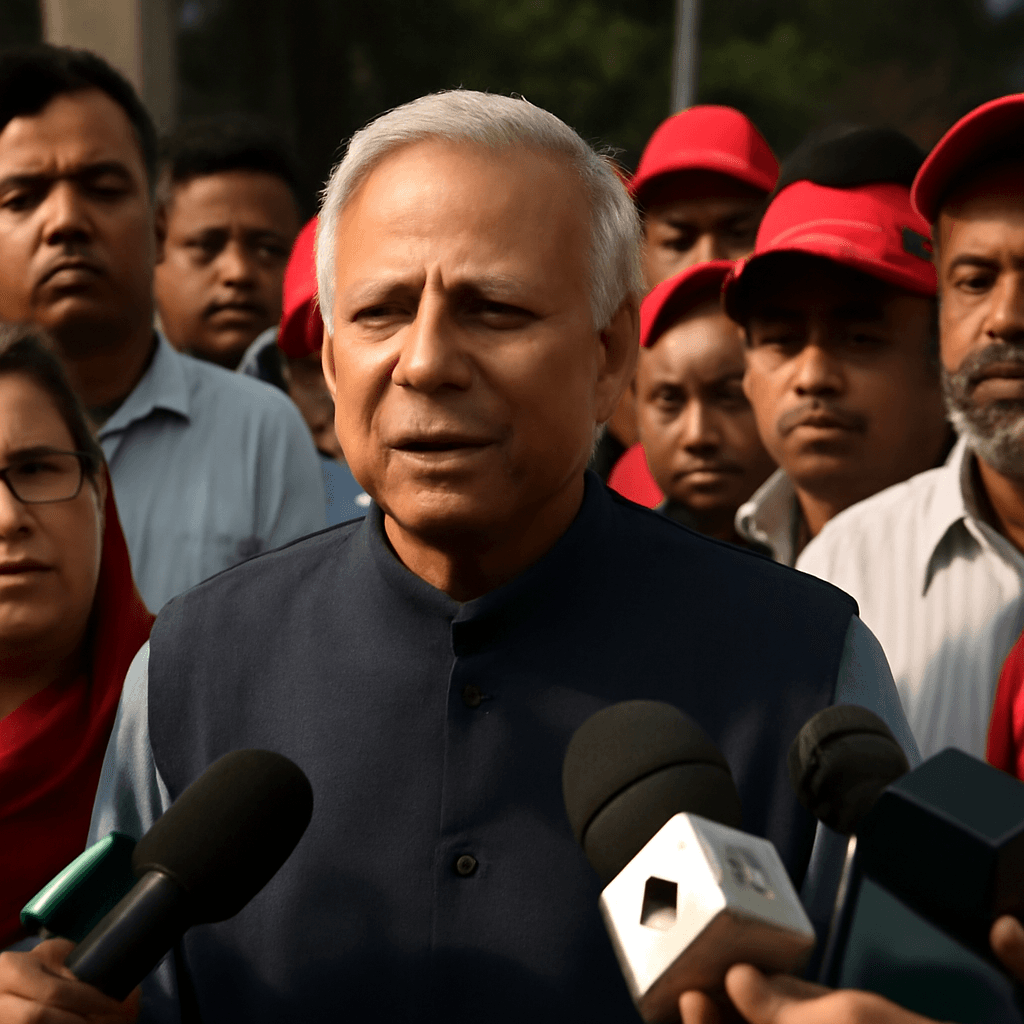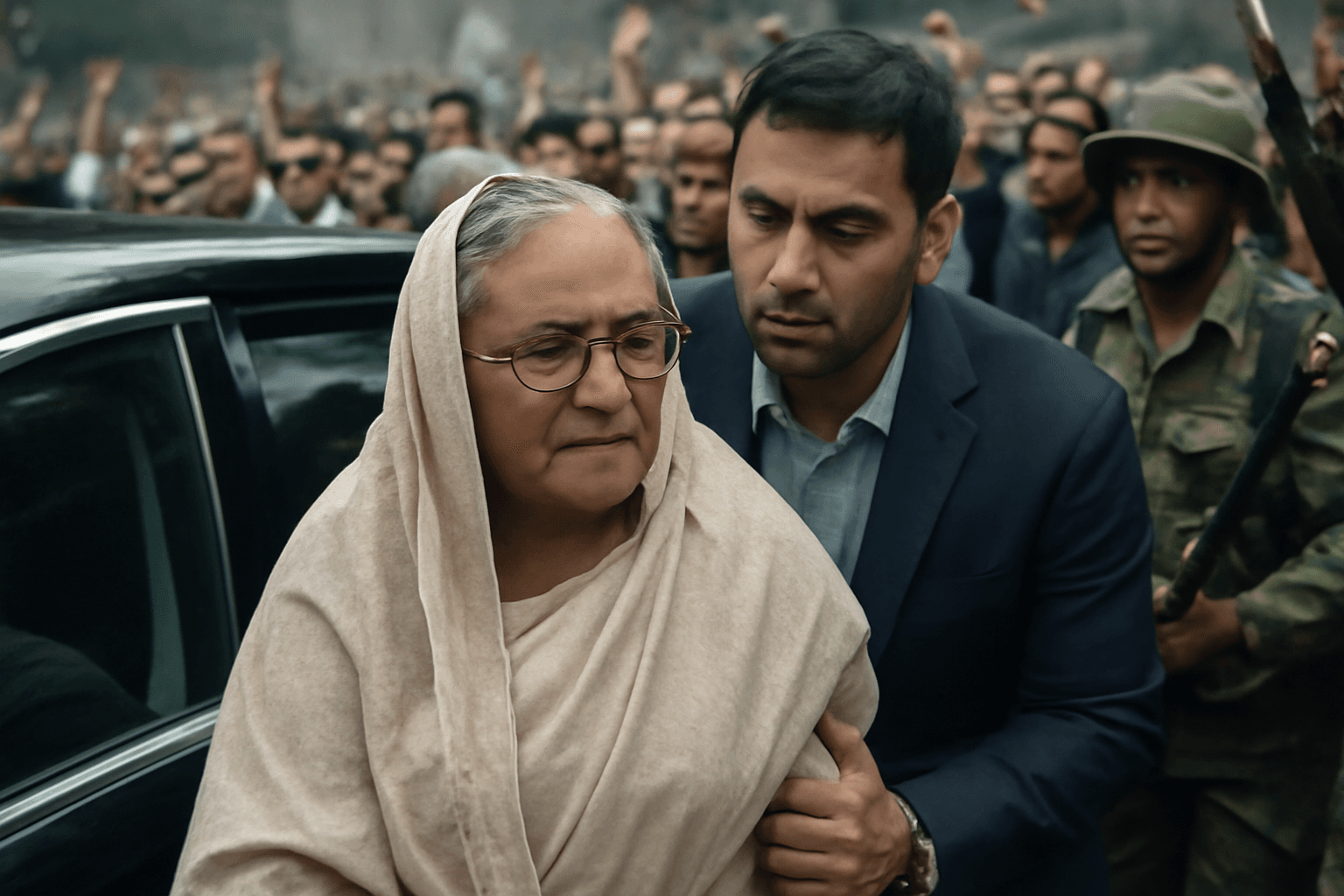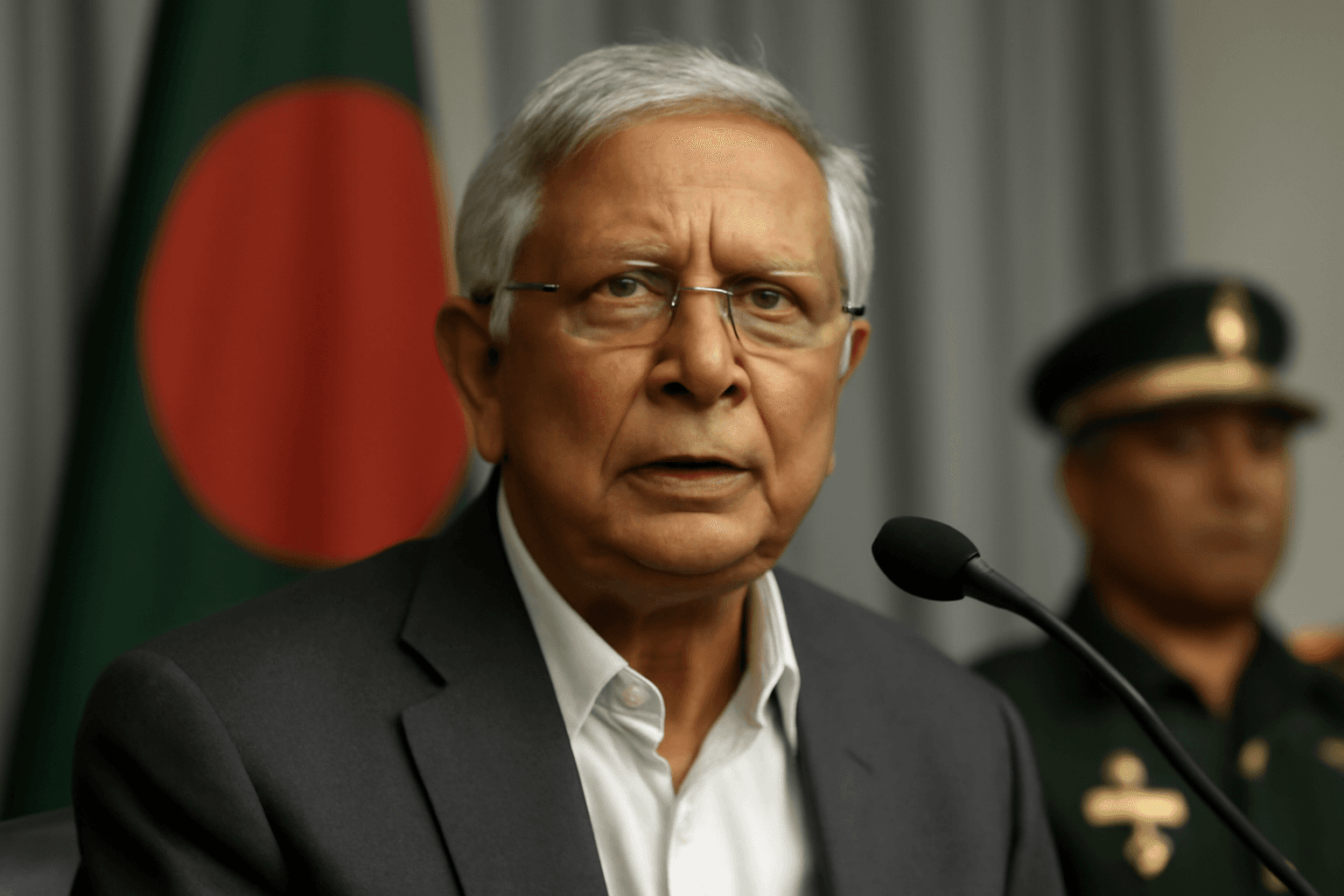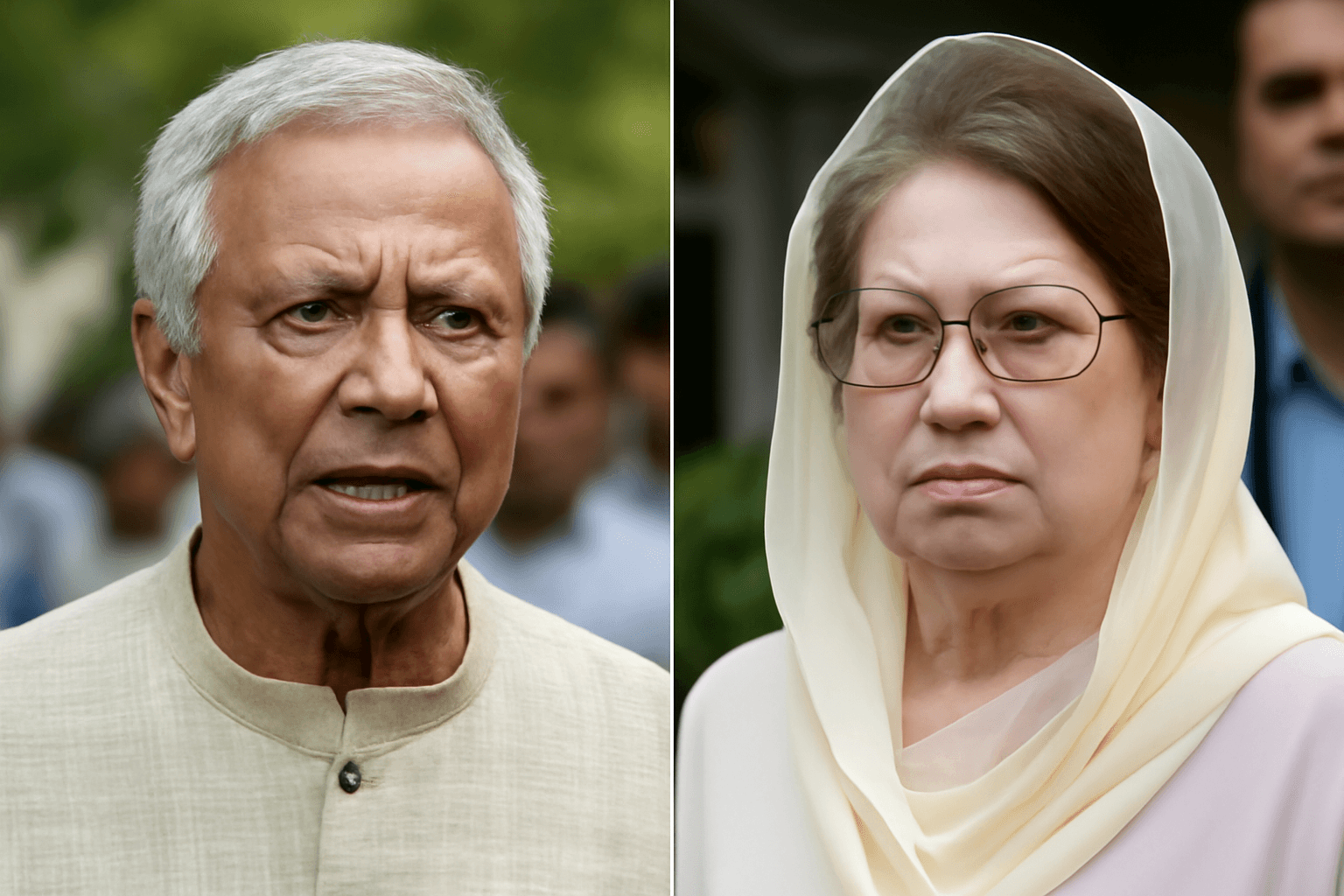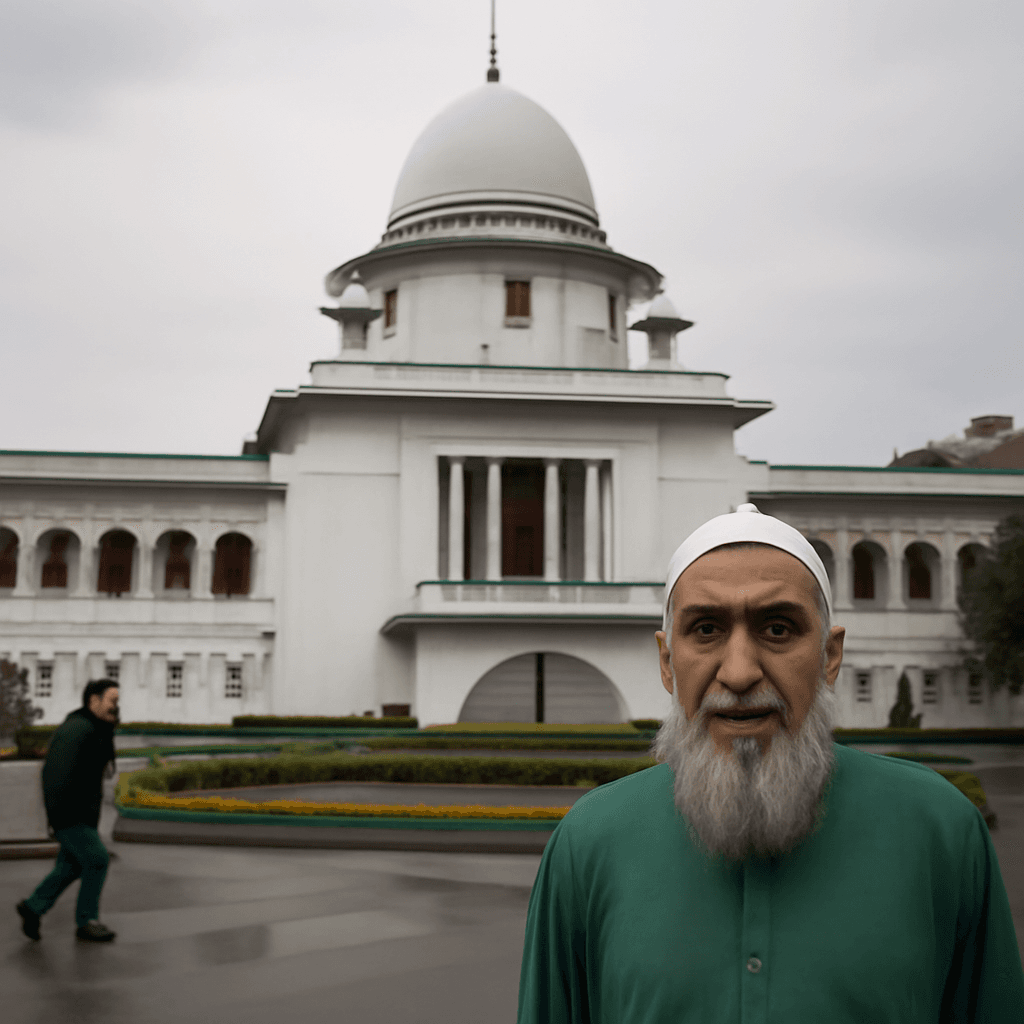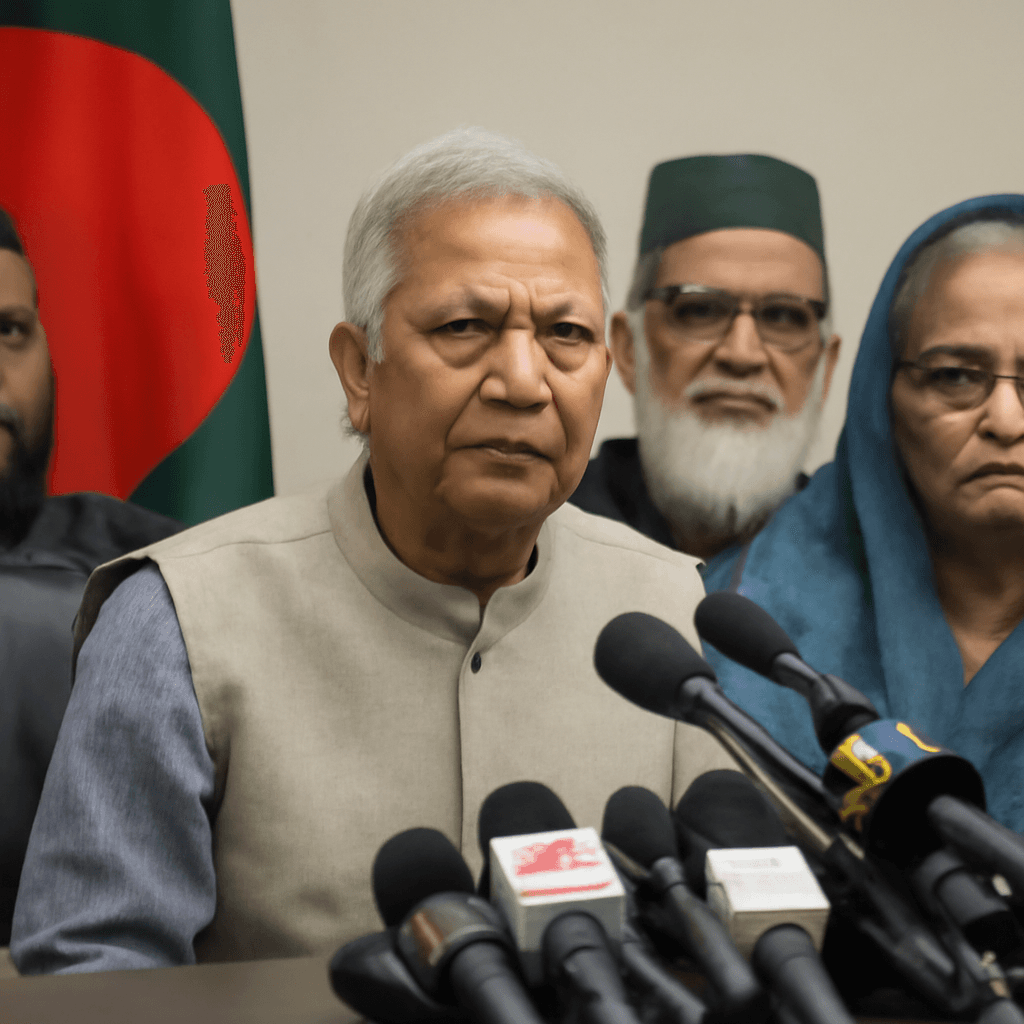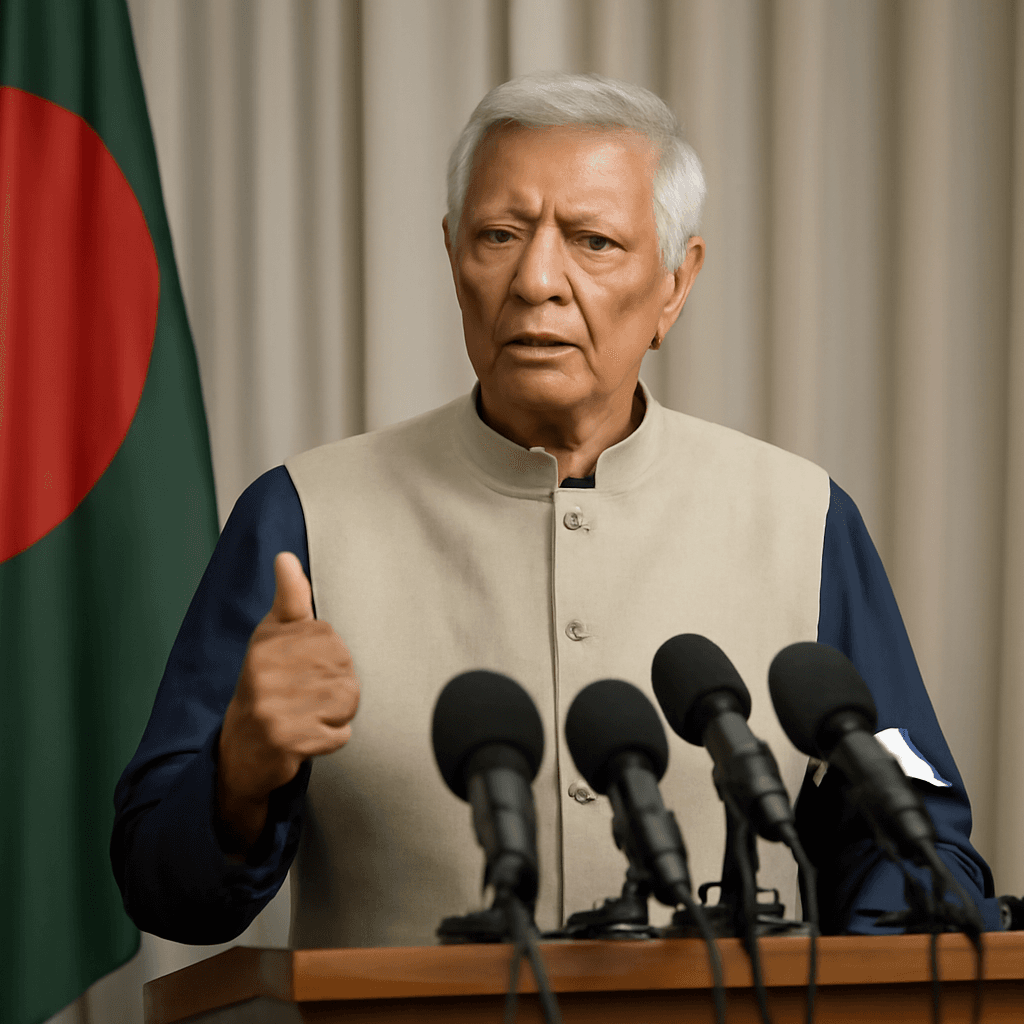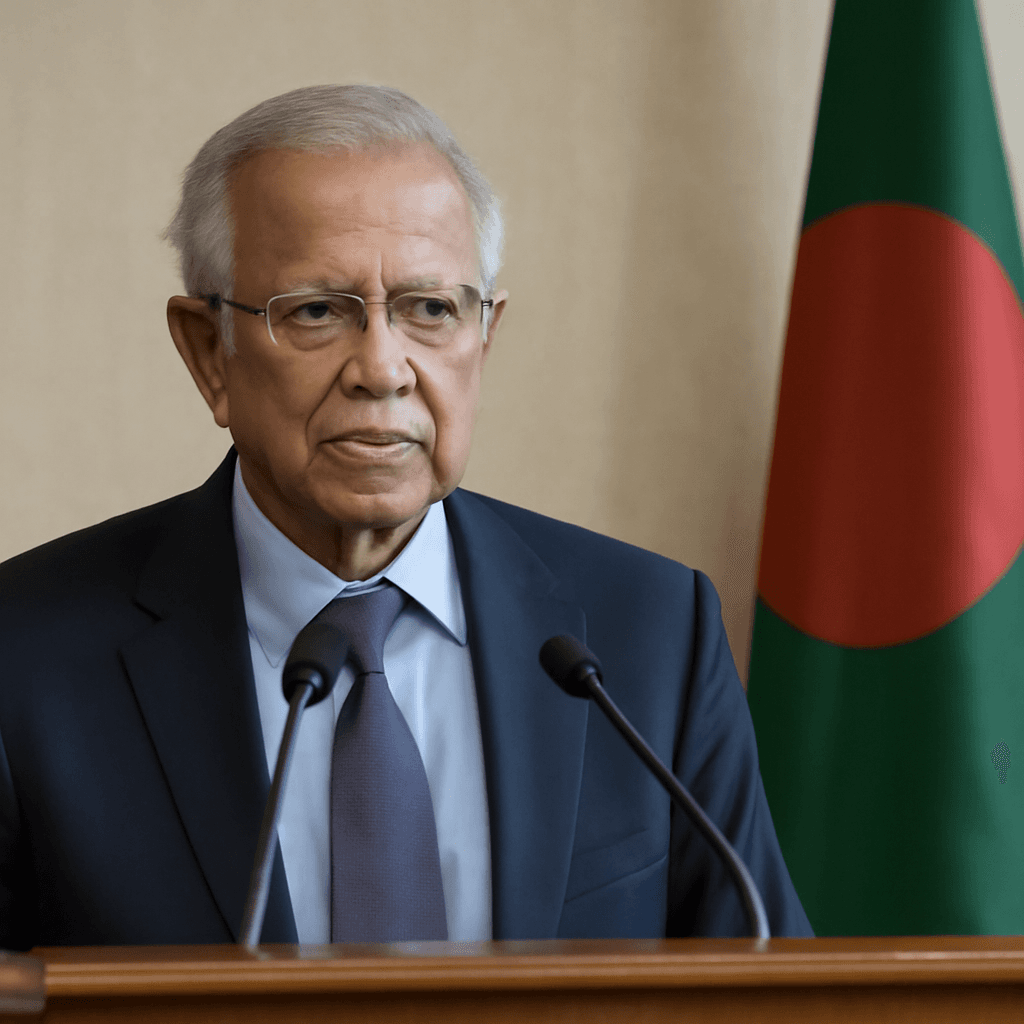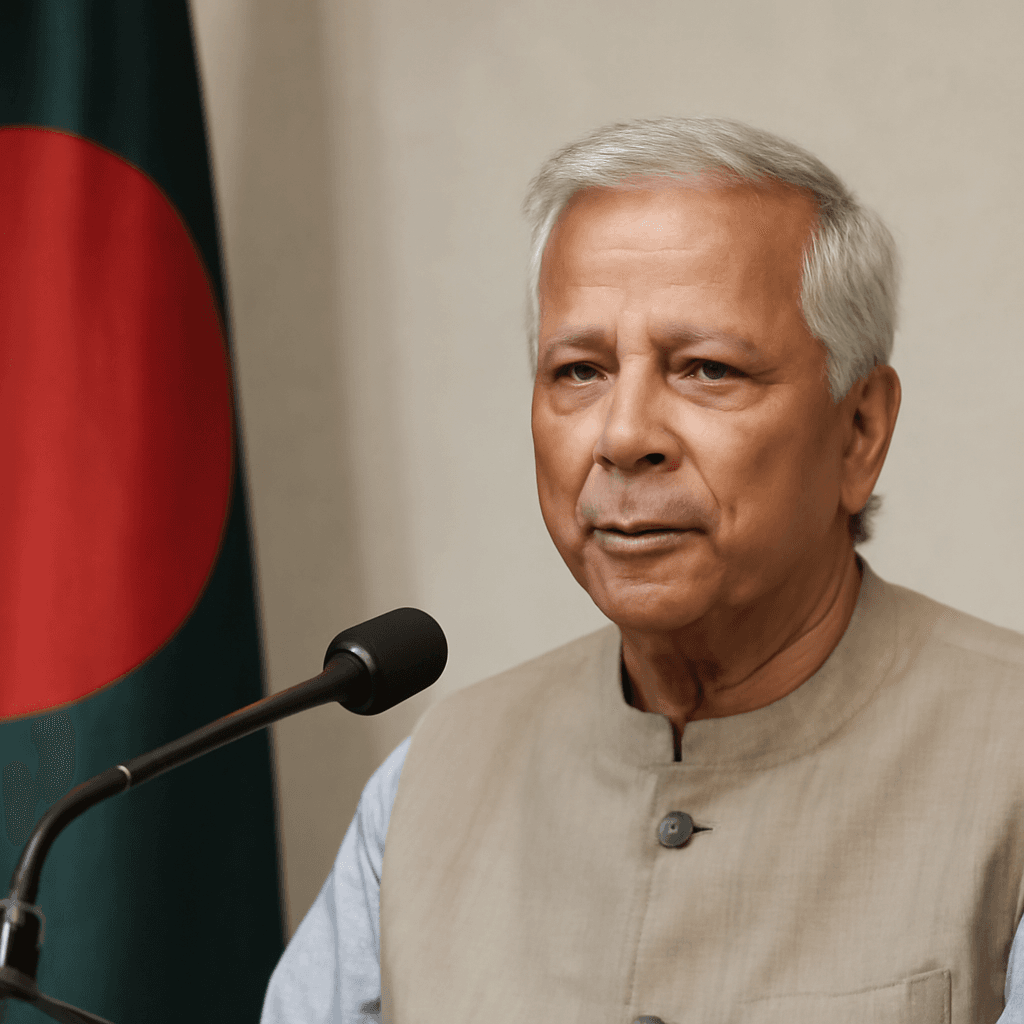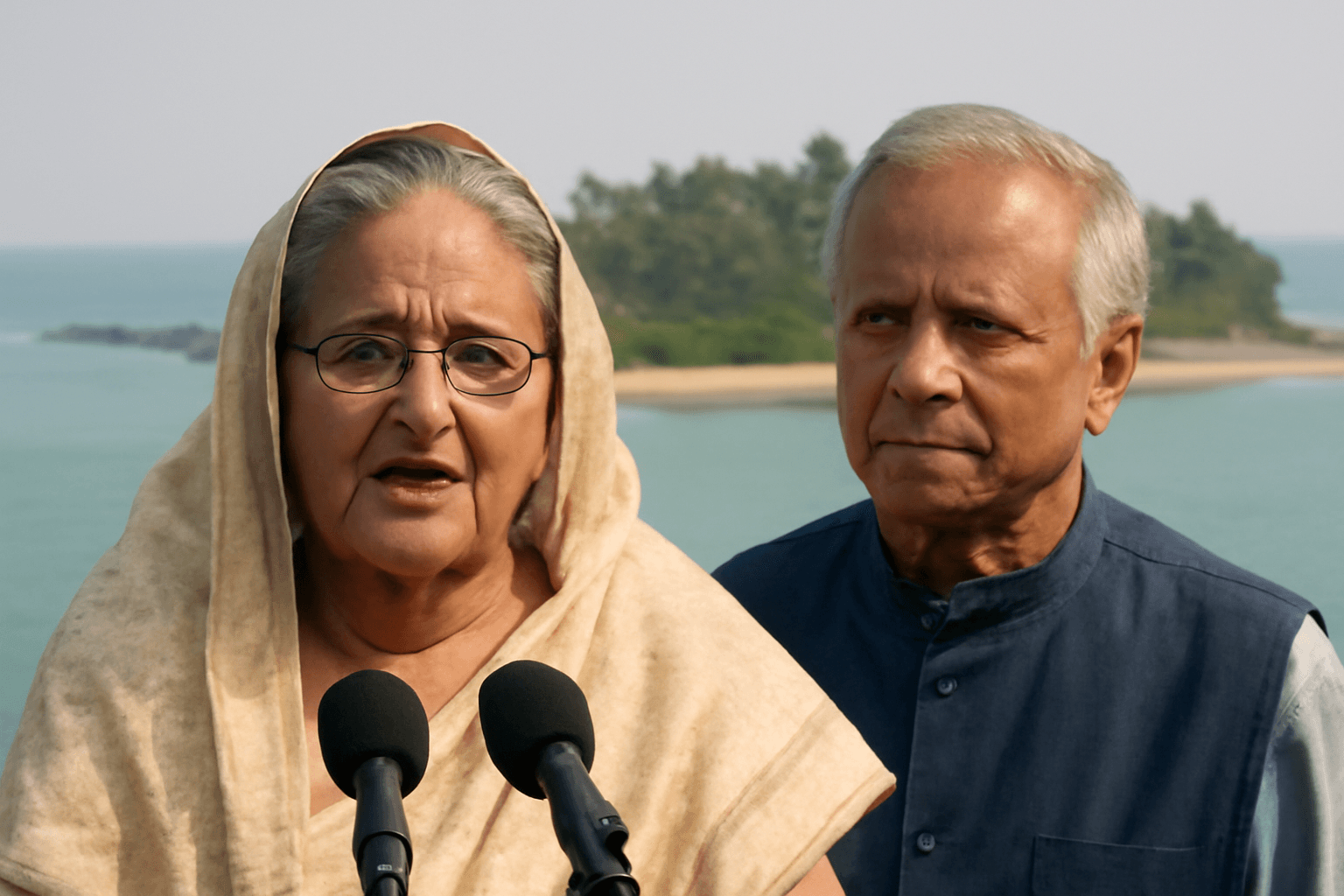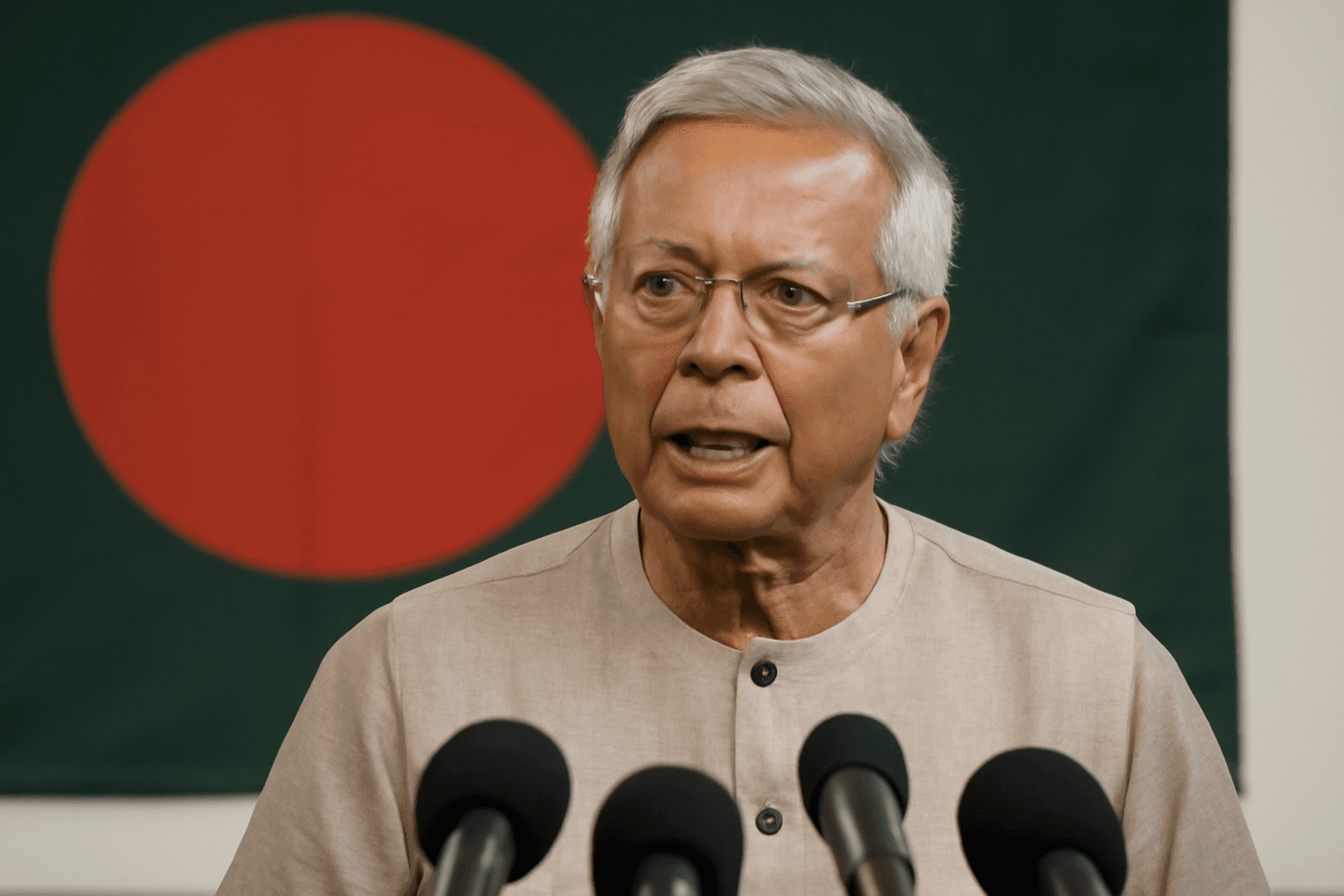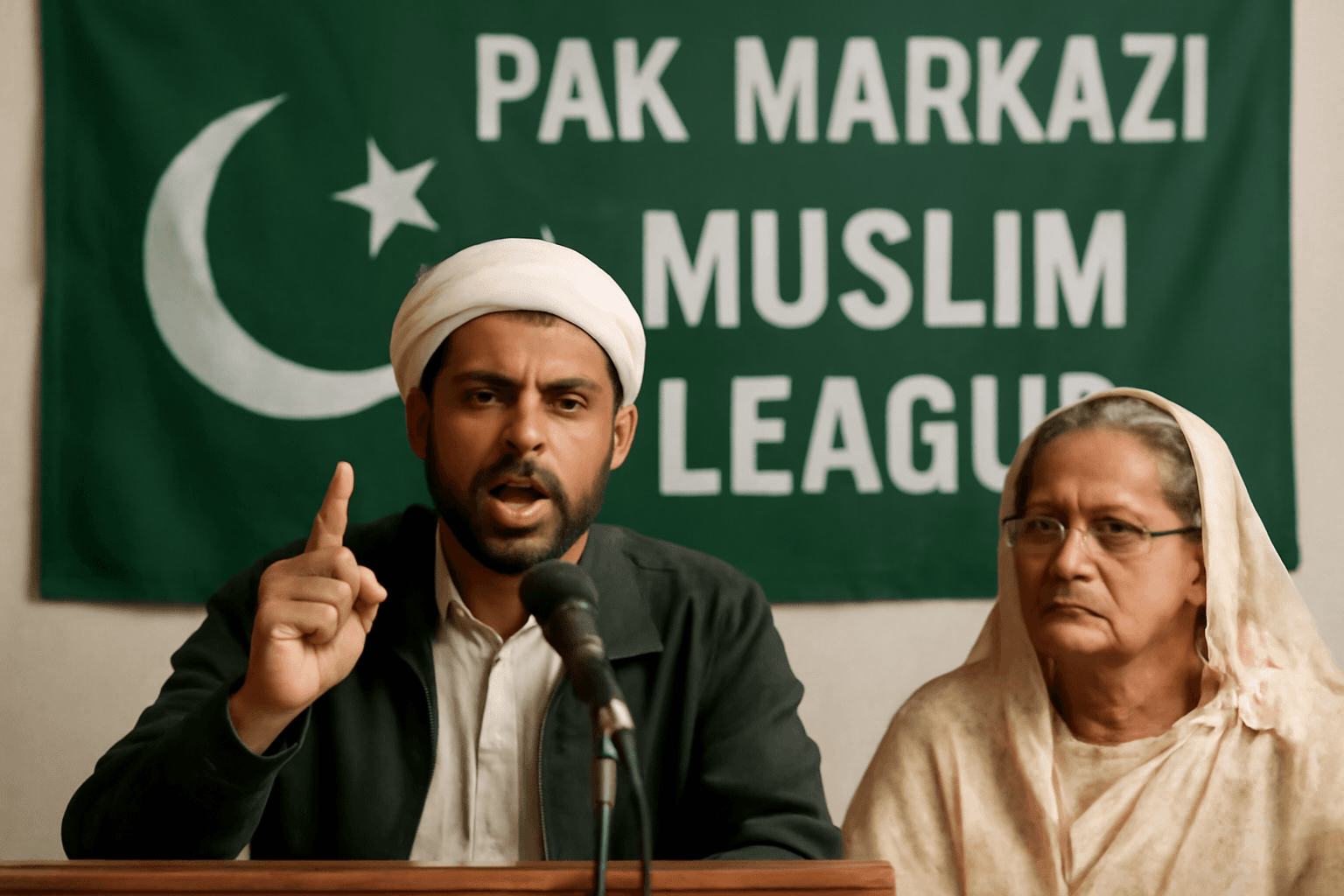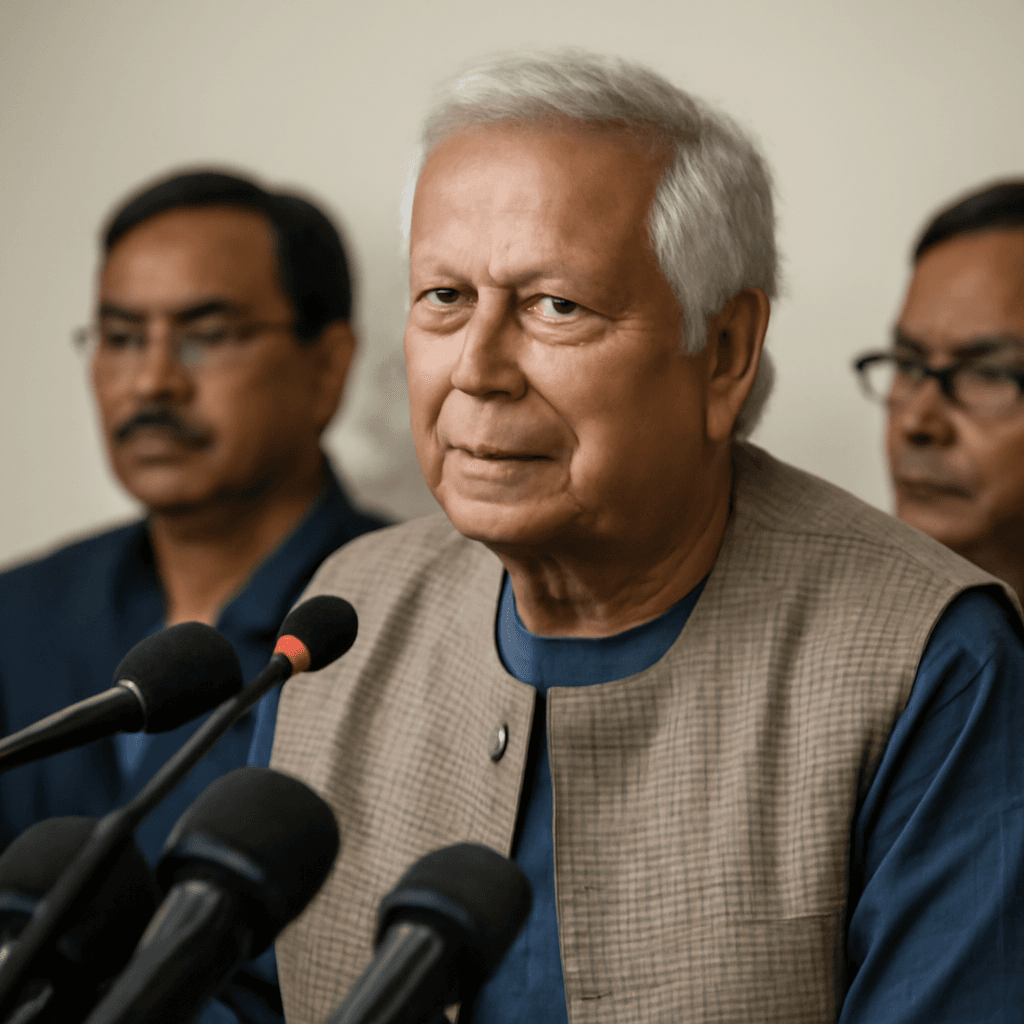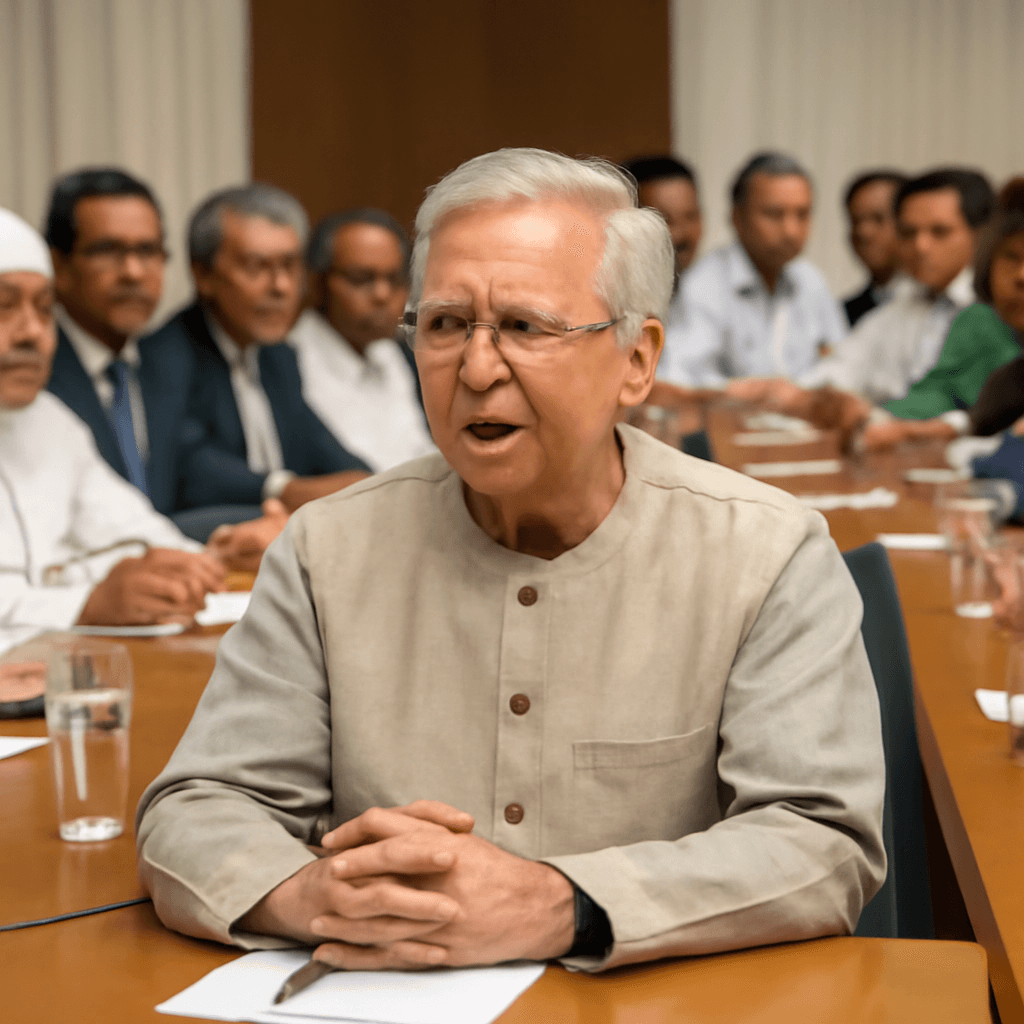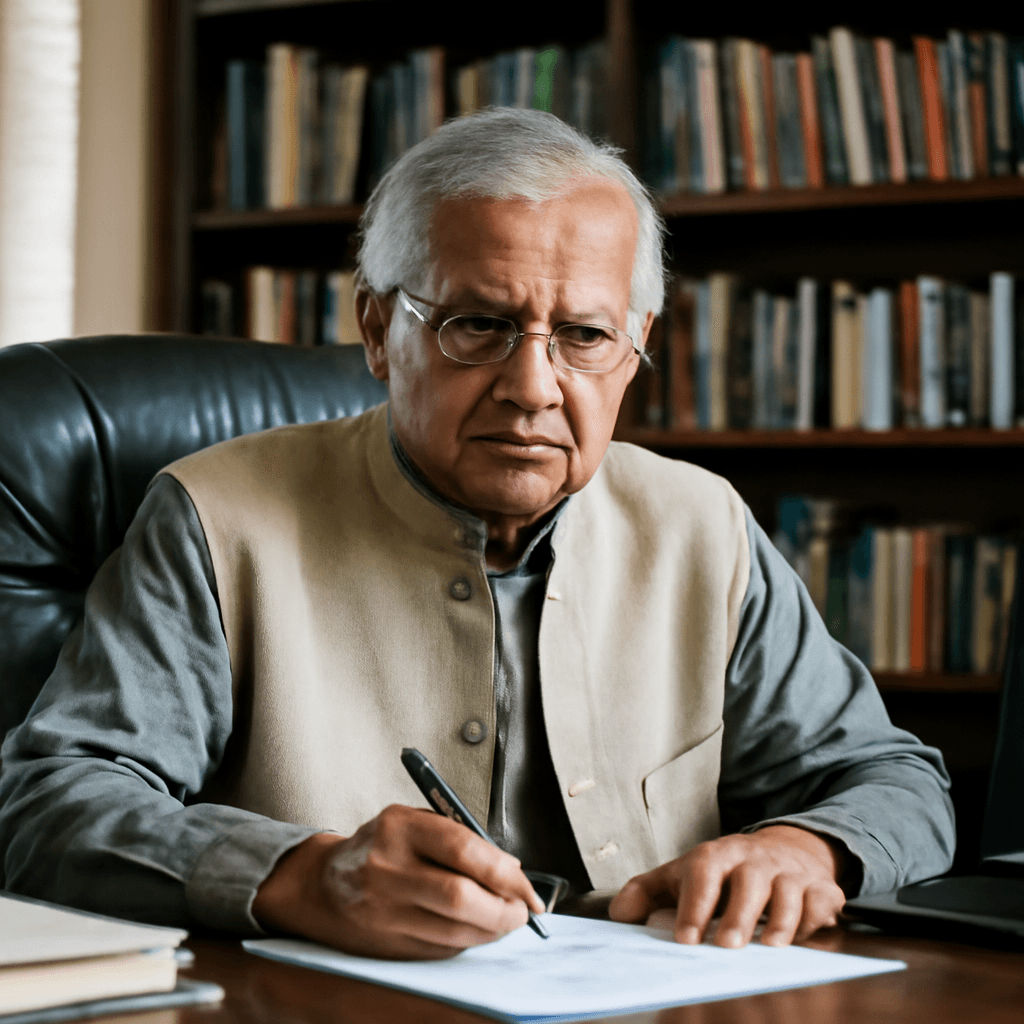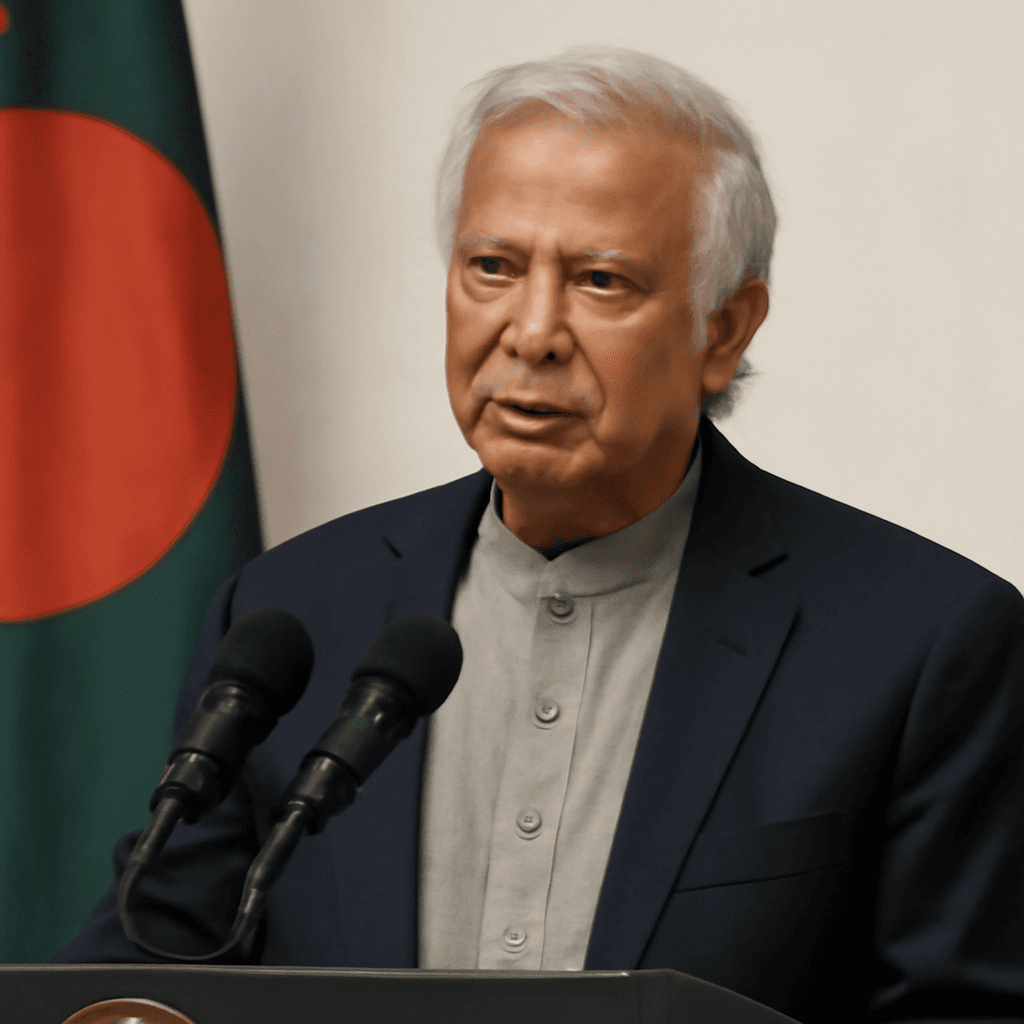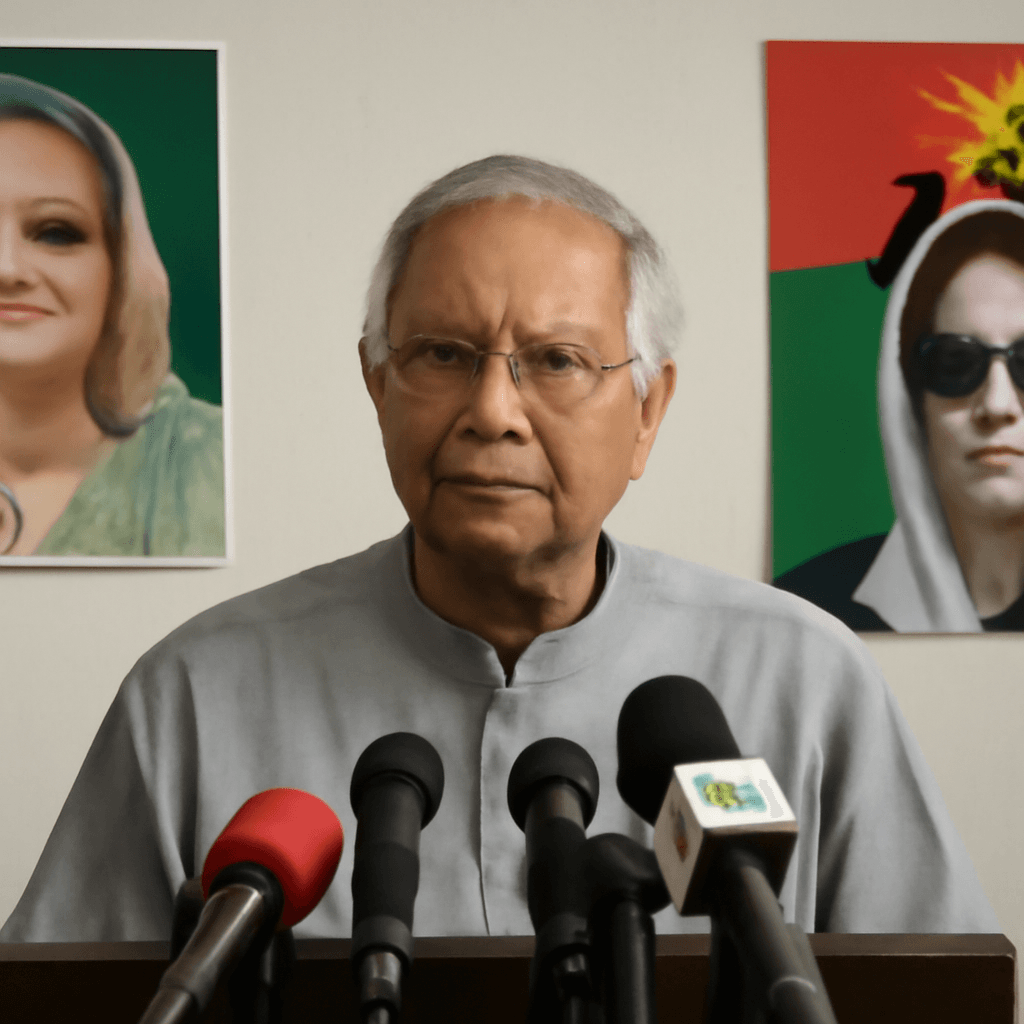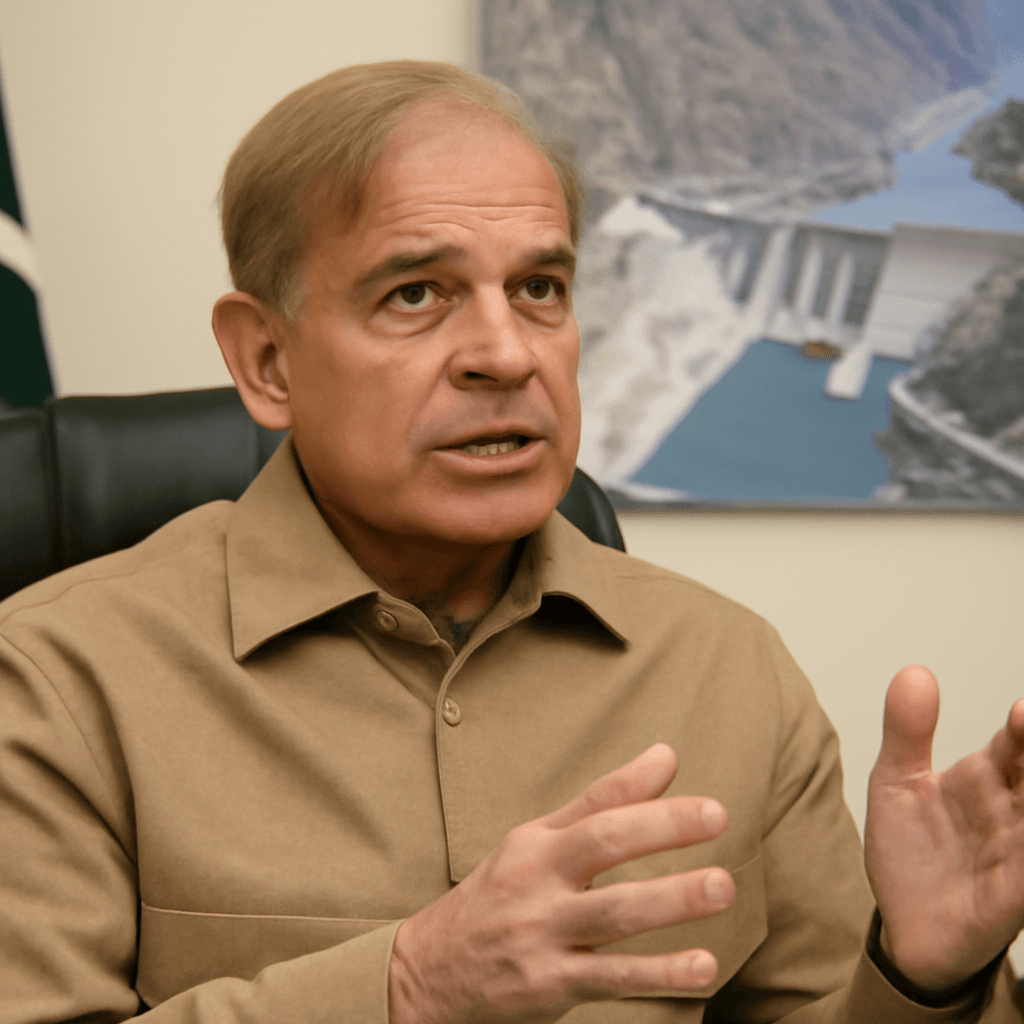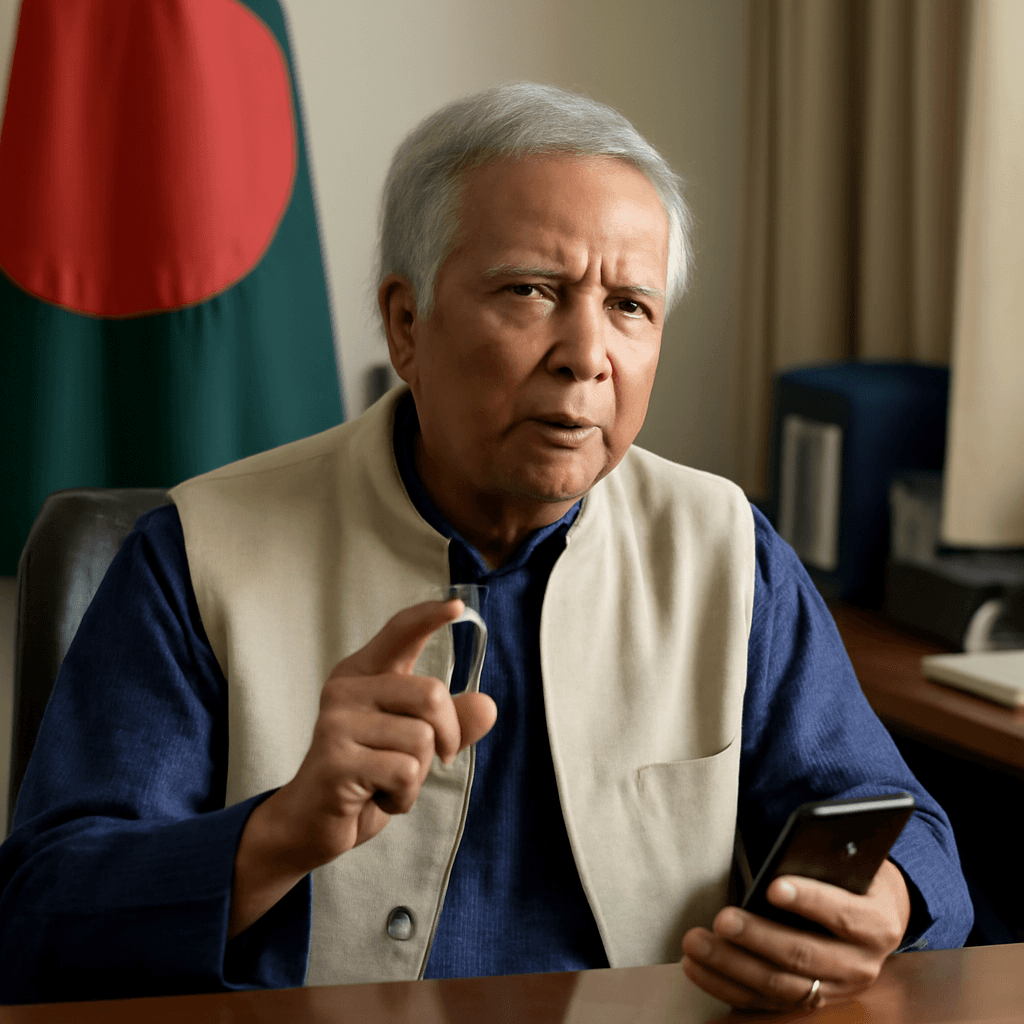Political Turmoil in Bangladesh: A Year of Unrest
Bangladesh has been embroiled in significant political turmoil following the abrupt end of a 15-year-long administration. This upheaval began with a student-led agitation against job quotas that eventually led to the ousting of the previous government.
The transition introduced Nobel Peace Prize laureate Muhammad Yunus as the Chief Adviser, tasked with steering the interim government and ensuring fair elections. Despite expectations for stability and timely elections, nine months later, the prospect of elections remains uncertain amidst intensifying political and military tensions.
Challenges Facing the Awami League
The ousted Awami League, a major political force, was declared outlawed by the new administration. Party workers and supporters are reportedly facing escalating violence and insecurity. A senior member of the Awami League described living conditions as akin to imprisonment, citing a surge in crime, including robberies, assaults, and targeted attacks on their members.
- Alleged violence: Incidents such as gang-rape and intimidation against Awami League supporters have been reported.
- Law enforcement collapse: The political upheaval has weakened police presence, exacerbating lawlessness.
- Perpetrators: Militant elements linked to rival parties like Jamaat-i-Islami and BNP are accused of fomenting unrest.
Disappointment in the Interim Government
The opposition expressed strong dissatisfaction with Muhammad Yunus's government, questioning the legitimacy and fairness of its interim role. The transitional administration is criticized for banning major political parties and allegedly supporting extremist elements, sparking concerns over democratic processes. Political stakeholders warn that credible elections cannot be conducted under the current setup, calling for an impartial caretaker government.
Political Landscape and Opposition Dynamics
With the Awami League sidelined, Bangladesh's political arena is dominated by the Bangladesh Nationalist Party (BNP), Jamaat-i-Islami, and the Nationalist Coalition Party (NCP). However, the Awami League claims to maintain the strongest grassroots support despite recent setbacks.
There is also an emerging narrative of anti-India sentiment propagated by opposition parties, particularly Jamaat, which has historical ties with Pakistan. This underscores the complex interplay of regional alliances within Bangladesh's political crisis.
International Involvement and Regional Implications
The political instability has garnered international attention, with India, Pakistan, and the United States implicated as influential actors. Speculation around the establishment of a U.S. military base in Bangladesh and contentious plans for the Rakhine Corridor — a humanitarian passage to Myanmar's Rakhine State — have heightened diplomatic tensions and sparked debate within Bangladesh’s military and political establishments.
The Awami League official highlighted the potential role of India in stabilizing Bangladesh, emphasizing historical connections and the consequential impact on Bangladesh's sovereignty.
Outlook for Political Resolution
The return of former Prime Minister Sheikh Hasina remains a focal point for the Awami League supporters. Despite legal challenges and security concerns, the party anticipates her eventual return, contingent upon military guarantees of safety and a fair political environment.
The current law and order situation remains precarious, with reports of widespread fear, inadequate police response, and rampant violence undermining public confidence.
While the interim government has engaged various political groups in dialogue, the exclusion of the Awami League from recent unity talks signals ongoing political polarization as the December 2025 election deadline approaches.

